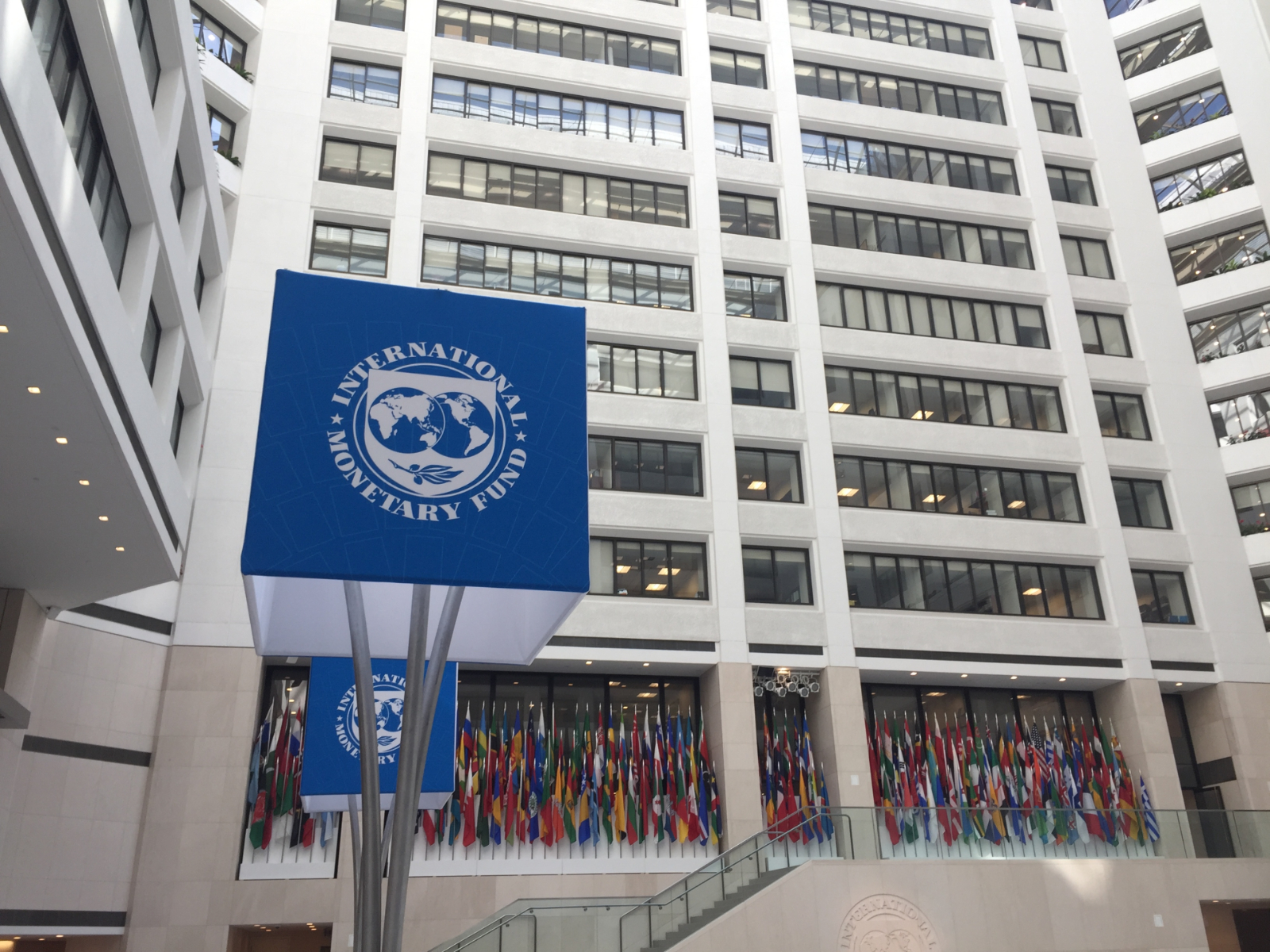IMF out with final review of Egypt’s reform program

IMF out with final review of Egypt’s reform program: The International Monetary Finance (IMF) released on Friday its fifth and final policy review of Egypt’s economic reform program, which was conducted last July ahead of disbursing the final USD 2 bn tranche of the institution’s USD 12 bn facility to Egypt. This disbursal marked what the fund saw as a successful completion of the three-year program, with the IMF’s then-Acting Managing Director David Lipton saying that macroeconomic indicators have “improved markedly,” driven by the government’s “strong ownership of their reform program and decisive upfront policy actions.”
Read the report: Tap or click here for the landing page or download directly here (pdf).
Economic indicators “broadly” favorable: The IMF says that macroeconomic performance remained strong throughout FY 2018-2019. This was supported by a “continued sound policy implementation” and strong growth in the natural gas, tourism, and construction sectors, as well as unemployment reaching is lowest-ever level in a decade — 8.1% in 1Q2019 and 7.5% in 2Q2019.
But progress on structural reforms has been “uneven”: The fund says that the government remained “broadly on track” with its commitments, but lists a number of reforms that were either missed or delayed. These include:
- Guidelines for industrial land allocation approved in March did not include a market-based allocation mechanism;
- The government divested minority shares through IPOs of just one state-owned company by mid-June, instead of four;
- The introduction of the fuel price indexation mechanism was delayed
- The passage of new executive regulations to the procurement law was delayed.
A quick rundown of other highlights from the report:
Egypt’s projected economic growth for FY 2019-2020 remains at 5.9%,unchanged from the previous review. “In the near term, the increased production of natural gas and ongoing recovery in tourism, as security conditions have stabilized, are expected to support real GDP growth close to 6%,” the IMF says.
Inflation projections for the current fiscal year have been revised downwards to 9.6% from 10.7%. The fund expects inflation to reach 7.4% by the end of FY 2020-2021. It’s worth noting that these projections were made three months ago, when inflation had only just fallen to 9.4%. We’ll hazard a guess that these projections may have been slightly lower had they had the knowledge that inflation would plunge more than 5 percentage points by September.
Improving exchange rate flexibility: The EGP has appreciated 8% year-to-date from the time the fund wrapped up its final review in May, “reflecting in part increased portfolio inflows through the interbank market due to the cancellation of the repatriation mechanism in late 2018.” The appreciation was further supported by a general improvement in financial markets.
Foreign currency reserves are currently well above the fund’s reserve adequacy metric. FX reserves inched up to USD 45.11 bn at the end of last month. The IMF sees the figure down to USD 43.7 bn by the end of the fiscal year before hitting USD 48.5 bn in FY 2023-24.
Expectations for net FDI have been downgraded. The IMF originally predicted FDI to hit USD 9.5 bn in FY 2018-2019 and USD 11.2 bn in FY 2019-2020. The fund has lowered these projections substantially to USD 6.5 bn and USD 8.1 bn respectively.
Looking ahead: The IMF says that “sustained reform implementation” will be necessary to push on with strong medium-term growth. The government will need to focus its structural reform efforts towards an “inclusive private-sector and export-led growth model” if it is going to accommodate the growing labor force. High public debt levels continue to leave us vulnerable to weakening investor sentiment or a deterioration in the global economy, it warns.